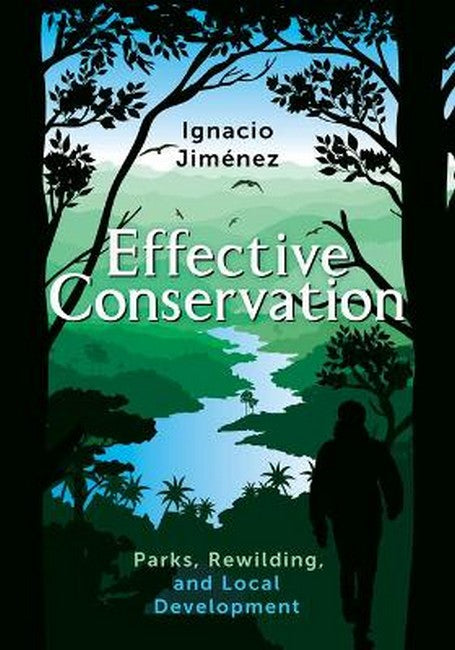For most, "conservation" conjures the notion of minimizing human presence on wildlands to avoid harmful impacts. But too often, this defensive approach has pitted local communities against conservationists, wasting opportunities for collaboration and setting the stage for ongoing conflict. One conservation approach turns that paradigm on its head, and instead connects conservation with the well-being of human communities, setting both up for success. Called "Full Nature," this approach--pioneered by conservationist Ignacio Jimenez--seeks to promote fully functional natural landscapes that are tied to the basic needs of the communities in their midst. They become a self-sustaining cycle, where nature and people are integrated ecologically, socially, and politically. Effective Conservation is based on Jimenez's experience managing conservation projects on three continents over thirty years. Jimenez offers a pragmatic approach to conservation that puts the focus on working with people--neighbors, governments, politicians, businesses, media--to ensure they have a long-term stake in protecting and restoring parks and wildlife. Jimenez guides readers through the practical considerations of designing, analyzing, and managing effective conservation programs. Chapters explore intelligence gathering, communication, planning, conflict management, and evaluation techniques, and include numerous text boxes showcasing examples of successful conservation projects from all continents. A companion website (islandpress.org/effective-conservation) includes additional case studies, expanded texts, and links to additional resources. This highly readable manual, newly translated into English after successful Spanish and Portuguese editions, provides a groundbreaking and time-proven formula for successful conservation projects around the world that bring together parks, people, and nature.

